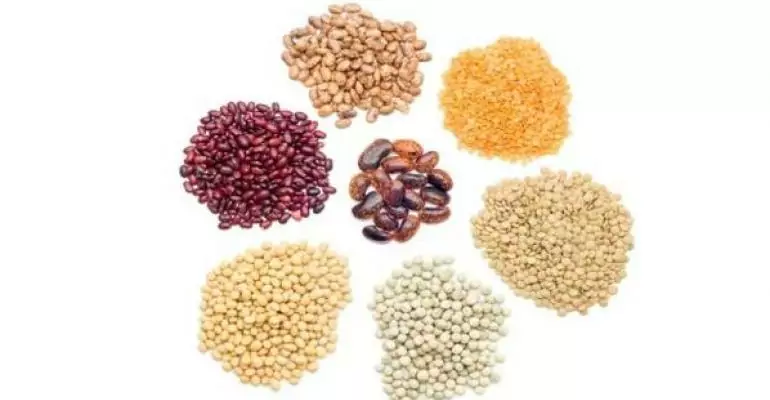
“Plant Based will be the Hottest Food Trend of 2018,” reported the HuffPost last fall. While they were focused on reviewing foods that serve as replacements for burgers, fish, etc., protein in general has been on trend for several years. When thinking about plant-based protein, it’s important to explore plant-based protein as an ingredient for use in food and beverage products.
Some of the top plant-based proteins are pea, hemp and Sacha inchi (an indigenous Peruvian superfood). Pea protein is the most hypoallergenic of proteins available and delivers 100 percent of the recommended daily value of vitamin D. Hemp is rich in protein and fiber. Sacha inchi is an excellent source of vitamins A and E and fiber.
Developing products that include plant-based proteins such as these can meet consumer needs of protein and provide additional benefits, but how are they best incorporated into food and beverage products?
Beverages are a great place to start with plant-based proteins. Leading the initiatives are alternative milks. However, doing innovation with these types of beverages can be challenging. The production of alternative milks is expensive and the lack of capacity in manufacturing remains an issue. However, ingredient innovation is stepping up to provide solutions that allow plant protein to be utilized in finished products with greater success. Kerry’s ProDiem™ portfolio, for example, offers dairy-free, soy-free and vegan proteins, enabling developers to enhance the nutritional profile of their products such as powder nutritional beverages, ready-to-drink (RTD) beverages and nutritional bars without impacting flavor or texture. What’s interesting about this new ingredient developed by Kerry is the ability to develop a high-acid, low-PH product that can be used to manufacture in the hot-fill environment.
Developing a beverage as a hot fill is much more lucrative compared to trying to launch a low-acid beverage with aseptic manufacturing. This ingredient also gives the product innovator a way to launch a more refreshment-like product without earlier issues, such as chalkiness, which can be prevalent with more traditional protein-based beverages. Isopure—protein-fortified beverages presented as a clear, flavored-water product—was one of the original and only protein-based beverages with an ingredient to be able to accomplish this. Though it utilized whey protein, it presented a way to commercialize protein in a beverage as a more palatable option.
Read The Full Article HERE






